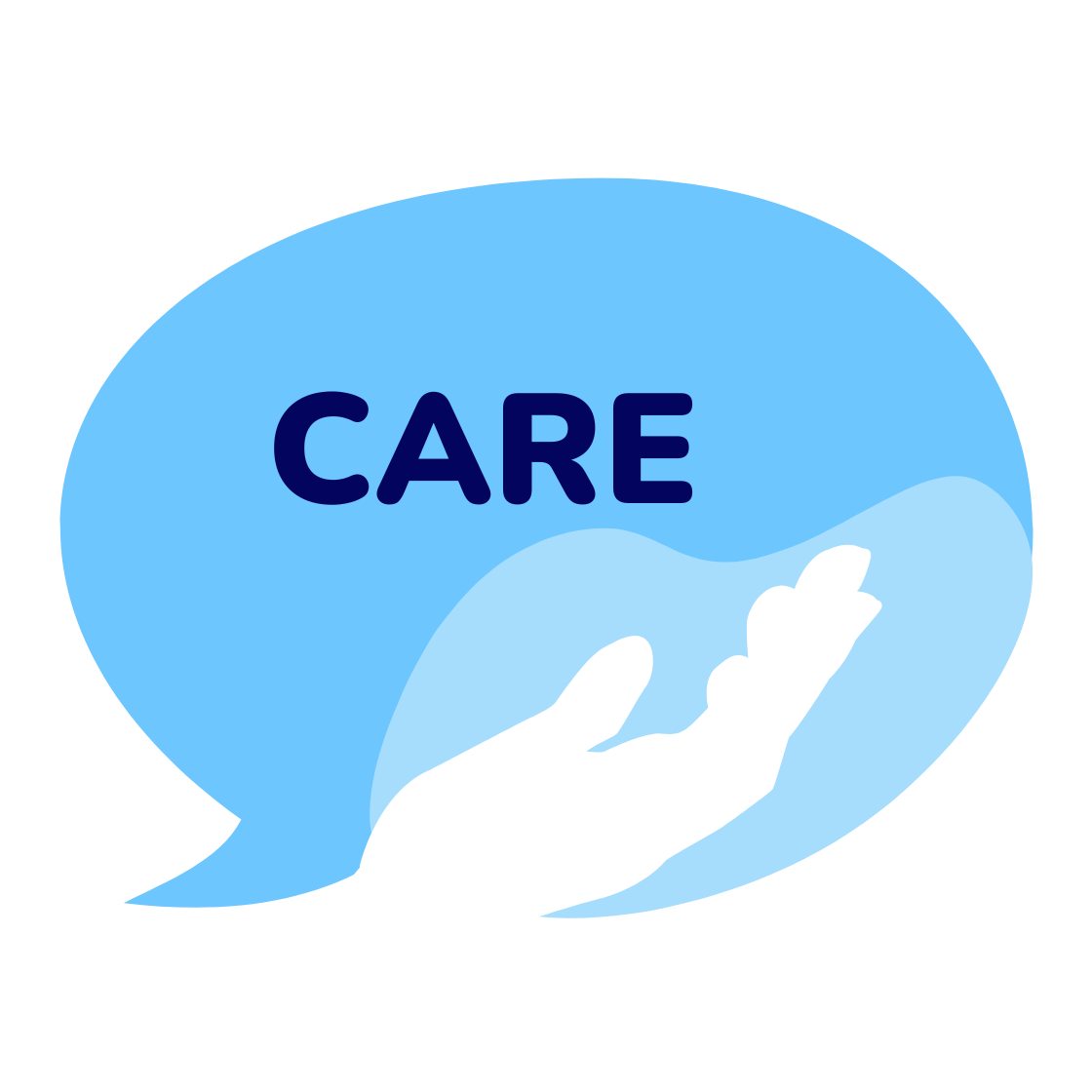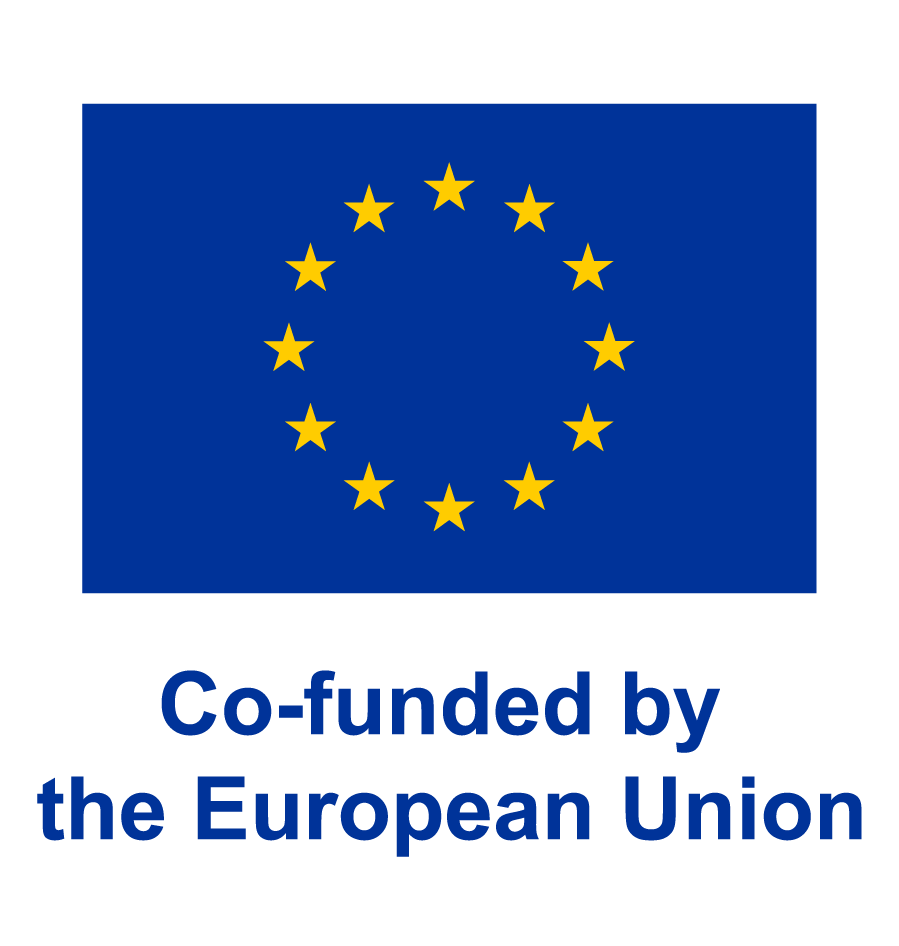The CARE project aims to support the integration of migrant students into multilingual educational systems by developing innovative tools and methodologies for language learning. Through tailored outputs such as a Methodological Guidebook, CLIL-based language courses, a digital mentoring programme, and an E-platform, the project empowers educators to create inclusive, effective learning environments. CARE promotes linguistic and cultural inclusion, fostering academic success and social cohesion.
The project MAIN OBJECTIVE is to integrate pupils with a migrant background into the society through the CLIL-based language education and implementation of a digital mentoring programme and AI potential.
Specific objectives:
1. to raise language skills among pupils with a migrant background on two levels – daily communication (BICS) and more specific language (CALP) in the language schooling,
2. to boost self-confidence and self-esteem of migrant schoolchildren functioning in a new environment,
3. to improve digital literacy of migrant schoolchildren as well in language education as in everyday life through a tailor-made digital mentoring programme and AI potential
4. to reinforce 21st key competences (i.a. problem-solving, critical thinking, entrepreneurship, time management, etc.) among pupils with a migrant background through a comprehensive CLIL-based language programme,
5. to increase employability of young pupils from migrant families in the long term perspective,
6. to strengthen the supportive role of language educator through the implementation of innovative methods like digital mentoring,
7. to raise comeptences of language educators in the CLIL field.
1. Methodological guidebook for language educators.
This comprehensive guide provides educators with best practices, research-based methodologies, and practical tools for implementing Content and Language Integrated Learning (CLIL). It focuses on supporting language acquisition while promoting subject knowledge, emphasizing inclusion and adaptation for multicultural classrooms.
2. CLIL-based language courses
The CLIL-based language course offers structured modules tailored for students aged 7-14, integrating Basic Interpersonal Communication Skills (BICS) and Cognitive Academic Language Proficiency (CALP). Covering levels A1 to B2, it combines language learning with academic content, enabling migrant students to thrive in multilingual settings while easing their integration into the educational system.
3. TELMS-based digital mentoring
TELMS-based digital mentoring programme: This mentoring programme integrates Technology-Enhanced Learning Management Systems (TELMS) with AI tools to support educators in addressing the specific needs of migrant students. It provides a structured framework for digital mentoring, emphasizing personalized guidance, skill development, and innovative approaches to language education in diverse classrooms.


